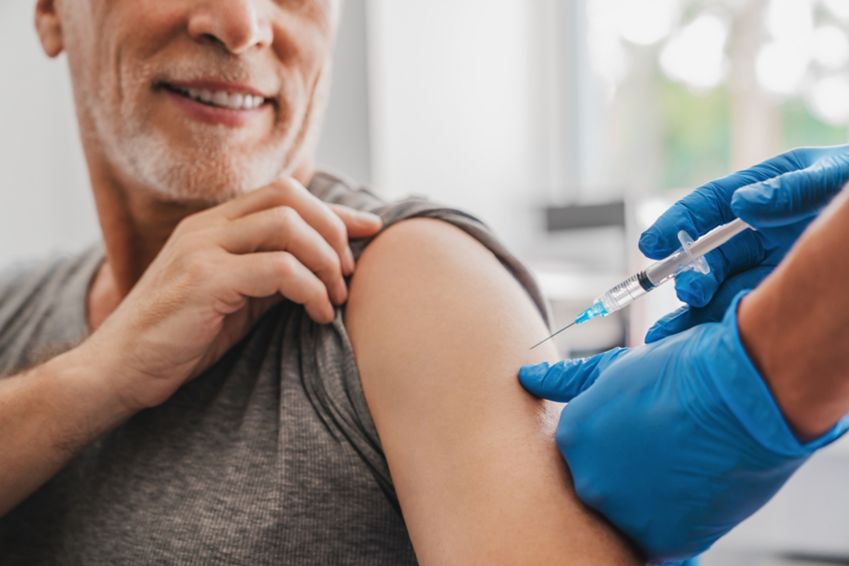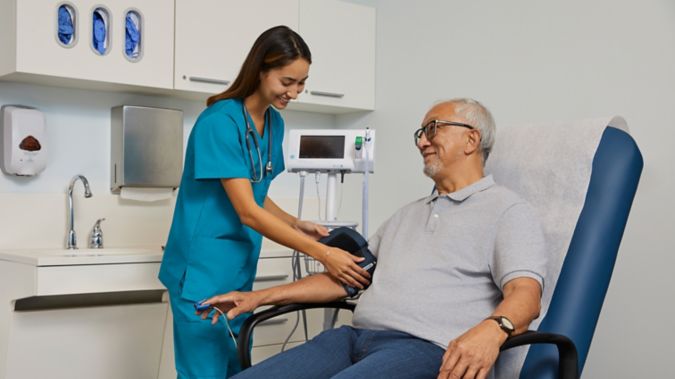Older adults have the highest risk for severe infection. In addition to age, these conditions and situations can increase the chance of a severe infection:1
- Chronic heart or lung disease
- Weakened immune systems
- Other underlying medical conditions
- Living in a nursing home or long-term care facility
Which parts of Medicare will cover the RSV vaccine
Original Medicare Part A (Hospital insurance) and Part B (Medical insurance) do not cover the RSV vaccine.
Medicare Part D (Prescription drug coverage) covers the RSV shot and all vaccines that the Advisory Committee on Immunization Practices (ACIP) recommends. People with Part D usually pay nothing out of pocket for most vaccines, including the RSV shot.3
You can join a standalone Part D plan in addition to Original Medicare, or you get it by joining a Medicare Advantage Plan (Part C) with drug coverage. This type of plan is called a Medicare Advantage prescription drug plan (MAPD). For more information, explore the differences between MAPD and Part D plans .
Is the RSV vaccine free for seniors?
No. In 2025, the out-of-pocket cost for an adult RSV vaccine can range from $157–$306.4
However, if you have a private health plan, you may pay nothing out of pocket. Check your plan for coverage details.
Protect yourself and others against RSV
In addition to getting the RSV vaccine, here are some tips to protect yourself and avoid spreading RSV to others:
- Wash or sanitize your hands often
- Keep your hands away from your face, nose and mouth
- Clean and disinfect surfaces around you
- Avoid close contact with sick people
- Cover your coughs and sneezes



